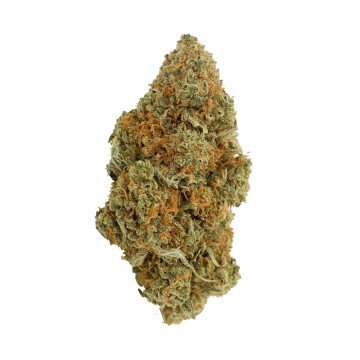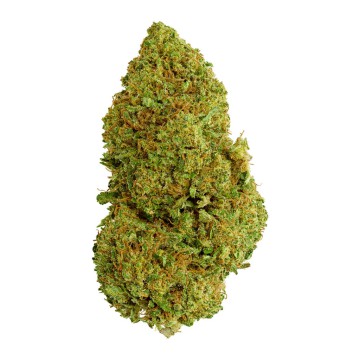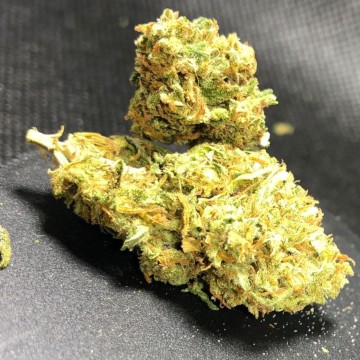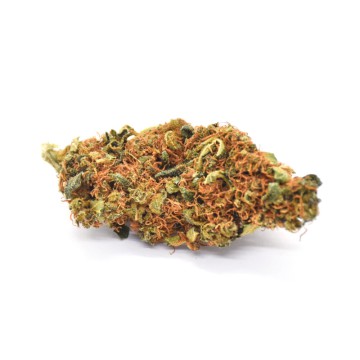Uses of CBD Oil
Supplement use should be individualized and vetted by a healthcare professional, such as a registered dietitian, pharmacist, or healthcare provider. No supplement is intended to treat, cure, or prevent disease.
Proponents of CBD oil claim that it benefits people with various health problems. As CBD has gained popularity, researchers have been trying to study it more—but so far, human trials remain sparse.7
Anxiety
CBD might help treat anxiety disorders,11 although there have not been many trials to look at CBD's anxiety-relieving effects in humans.
In one study, 57 men took either CBD oil or a sugar pill with no CBD (placebo) before a public-speaking event.12
The researchers assessed the participants' anxiety levels using blood pressure and heart rate measures. The researchers also used a reliable test for mood states called the Visual Analog Mood Scale.
The men who took 300 milligrams of CBD oil reported less anxiety than the men who were given a placebo; however, the men who took 100 or 600 milligrams of CBD oil did not experience the same effects. This trial was limited by a small sample size and only enrolled men, so more data is needed to see if CBD has a similar impact on women.
In another double-blind placebo-controlled study (meaning neither participants nor researchers knew who took the substance and who took a placebo), CBD was also shown to decrease symptoms of Social Anxiety Disorder in teenagers.13 This study was well-designed but very small-only 37 people were studied.
Addiction
Preliminary studies about CBD’s effects on addiction have shown mixed results.14
A small randomized controlled trial in fifty people with heroin use disorder showed benefits from CBD at 400 and 800 milligrams doses.15 People receiving CBD vs. placebo (a sugar pill) showed less anxiety and decreased cravings for heroin. More robust trials are needed to determine the safety and effectiveness of CBD oil for this use.
Schizophrenia
In a randomized controlled trial of 88 people already taking medication for schizophrenia, 1,000 milligrams per day of CBD oil decreased positive psychotic symptoms (hallucinations or delusions).16 However, there were no significant differences between CBD oil and placebo regarding negative psychotic symptoms (like blunt affect or disinterest in others).
Also note that CBD oil was studied as an add-on therapy here since the people in the trial were already taking prescription medicines to treat schizophrenia.
Products with significant amounts of THC may worsen symptoms of psychosis, schizophrenia, and paranoia.17
Although the data is preliminary, CBD oil has also been studied for the following, some with little to no evidence of benefit:






